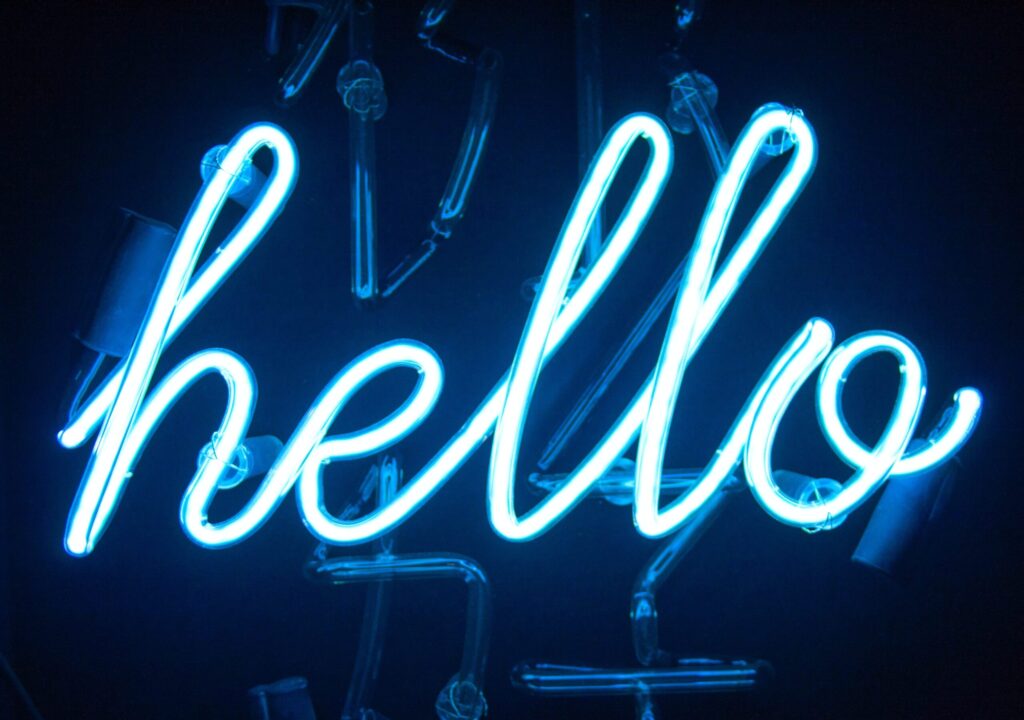Welcome to Revellations
When I was a teenager, I would staunchly declare that I was NOT a feminist. I’d been fed media throughout my childhood that painted a picture of women claiming the title as angry man haters, and I wanted no part of it. As the younger sister to two caring older brothers and daughter to a father who still proudly wears the “Girl Dad” hoodie I gifted him many years ago, I simply couldn’t reconcile myself with the images I was being fed about what it meant to be a so-called feminist.
Now, I could – and probably will – spend an entire post at a later date detailing why I despise one-dimensional labels like this in the first place. Suffice it to say that I think they’re massively limiting, and something we as individuals desperately seek out as a part of our deep-seated desire to belong to something. And of course we want to belong. We all yearn for feelings of connection and community. We’d do anything to be truly seen, to be understood. But slapping labels on us is a shortcut to belonging. No human being can be diluted down to a single label, or headline for that matter.
In retrospect, maybe my hatred of labels even began with my discovery of how the world defined “feminism”. I’ll never forget being an 8th grade girl, sitting in a class called “You & Others” — my school at the time had attempted a rebrand of the more traditional Health or Sex Ed classes. So rather than, god forbid, discussing our changing bodies or budding sexualities, on this particular day I sat in a dimly lit classroom as the teacher queued up a video about the feminist movement. In the clip I remember most vividly, an activist in a red pantsuit (of course), looked directly into the camera and proudly proclaimed that women should be allowed to be firefighters even if they weren’t capable of passing the physical fitness test. It would be safer, she told us, for victims to be dragged on the floor if they couldn’t be lifted on an aspiring fighter’s shoulder. After all, “heat rises”, she reminded us.
My newly teenage brain unconsciously absorbed the hidden meaning behind this woman’s depiction on the screen. My teacher, a person in a position of authority, was showing me what it meant to be a feminist — irrational, angry, and willing to forgo reality to prove a point. It took years for me to wake up and see how messages just like these had conditioned me to view my own gender. Headlines about Jessica Simpson “letting herself go” breezed past me in 2009 without a second thought. Yeah, those jeans weren’t flattering, my inner monologue reflexively agreed. I was still in high school when Brad Pitt and Jennifer Aniston broke up, and as an avid watcher of friends I ate up the Angelina vs Jen feud. I simply couldn’t fathom how Angelina could be so cruel to her fellow woman, and it never occurred to me to question why Brad’s role in the drama was seldom mentioned. Article after article, headline after headline, I devoured what the media told me I was supposed to think about what it meant to be a woman.
After graduating from college, my first job was as an analyst at a big bank. I was proud to be one of the chosen few female analysts amongst the sea of men in my hiring class. I thrived in a male-driven environment, I told myself. And truthfully, in many ways I did. It appealed to my quantitative nature and I appreciated the no-bullshit demeanor of people who were straightforward enough to say what they meant. But I also never registered when they automatically asked me to be the one to run downstairs and pick up the lunch delivery, or assuming I was taking notes during the meeting (spoiler alert, I wasn’t).
In the decade since, My career has taken a meandering path that led me, almost unintentionally, into the world of women. I did stints at luxury retailers like Gucci and Ralph Lauren. I then slid into startups at a company trying to build something new and exciting in the world of plus-size fashion. Finally, at a time when I would have unequivocally said I would never start my own company, I began building a startup exclusively dedicated to empowering women. Deciding that I wanted to build a company for women, by women, actually made me feel uncomfortable at times. There simply weren’t many female founders building companies in the tech space – still. But it’s the journey I took building that company, winding down that company, and grappling with who I am as a woman and as a business leader that led me here today, writing this for you all.
Why do we celebrate when women fail? Why do we mock women who proudly announce their successes on social media, calling them thirsty? I want to reexamine the way the media portrays women in positions of power. I want to reframe the conversations we have about women in leadership. Let’s take a look at what the media is saying about these women in the spotlight, and see if we can’t parse out the real story.
Interested? Let’s see what we can do.
